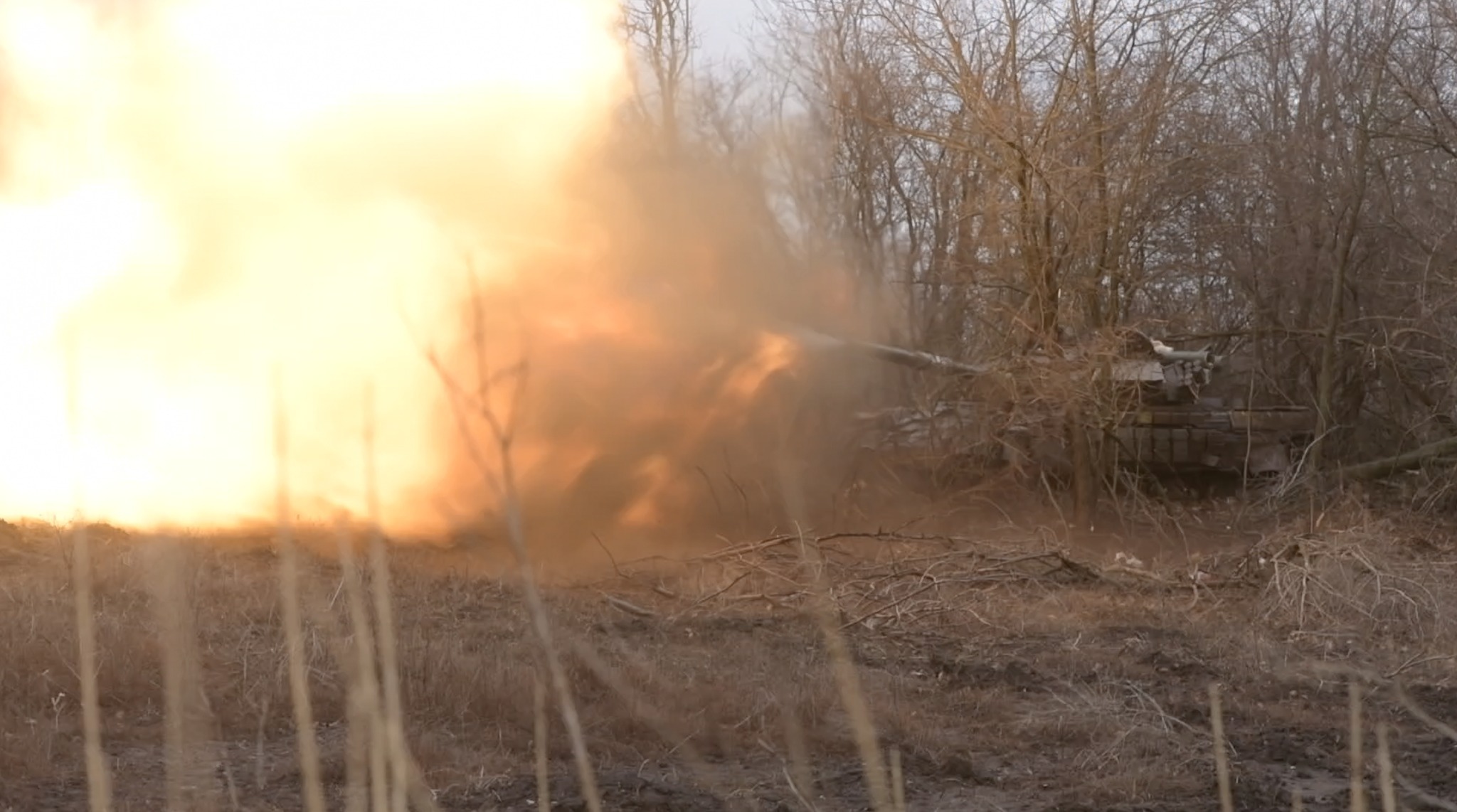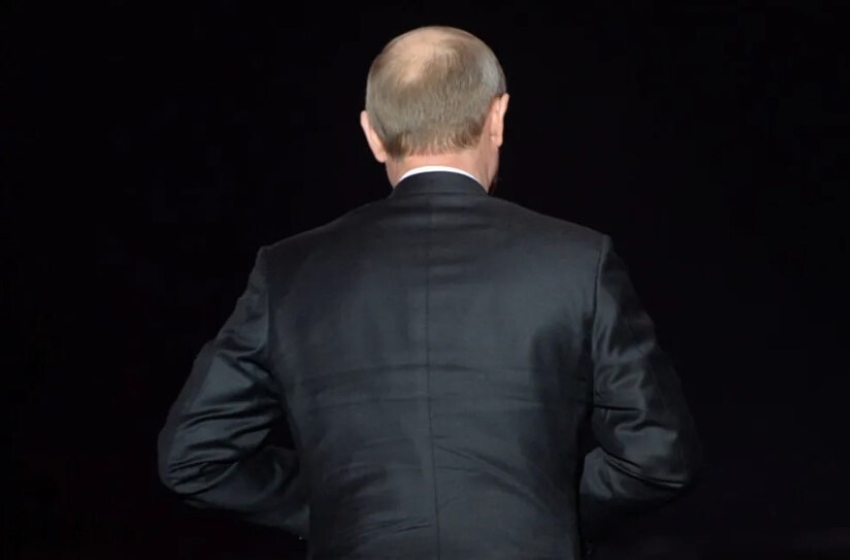Russian sources continue to complain about persistent command and communication problems that degrade Russian combat capability in east (left) bank Kherson region.
A prominent Kremlin-affiliated Russian milblogger claimed that Russian commanders have less frequently ordered units to conduct attritional assaults in the past two months since Airborne Forces (VDV) Commander Colonel General Mikhail Teplinsky replaced Colonel General Oleg Makarevich as the commander of the Russian “Dnepr” Grouping of Forces.
The milblogger claimed that many problems have persisted and worsened in this area, however. Russian forces operating near Krynky are reportedly unable to target Ukrainian aircraft and helicopters because the Russian command does not give them timely permission to shoot targets down.
Russian commanders also reportedly take several hours to approve artillery strikes and require units to send target coordinates and video or photo confirmation of targets before approving strikes.
The milblogger also claimed that Russian forces do not have enough electronic warfare (EW) systems to combat the number of Ukrainian drones operating in the area.
Another milblogger called on Russian forces to stop moving equipment to Krynky and nearby areas because Ukrainian forces destroy up to 90 percent of Russian equipment there.
Ukrainian military observer Kostyantyn Mashovets stated that elements of the 17th Tank Regiment (70th Motorized Rifle Division, 18th Combined Arms Army, Southern Military District), reportedly deployed southeast of Krynky, are literally “burning with desire“ to conduct heavily attritional attacks, suggesting that the command of this regiment is still relying on attritional frontal assaults as a favored attack tactic.
Russian forces, especially elements of the 104th Airborne (VDV) Division, have reportedly suffered significant losses in operations near Krynky.
ISW has consistently observed Russian complaints of inadequate command, inter- and intra-unit coordination, air defense, fire support, and EW since November 2023 but continues to assess that these reported tactical problems do not always translate into significant operational effects.





















